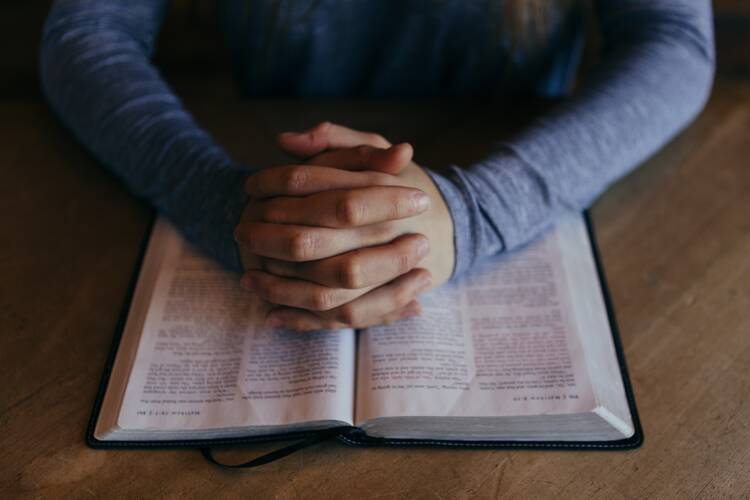Subscribe to "The Examen" for free on Apple Podcasts
Subscribe to "The Examen" for free on Google Play
Join our Patreon Community
Do you ever think about the lives of the four evangelists, the four men (we presume they were men) who wrote the Gospels? This week we celebrate the Feast of St. Matthew, so it's good to think about the person behind the Gospel. Now, traditionally, Matthew is associated with the tax collector called by Jesus in the ninth chapter of Matthew's Gospel. But that tradition runs into some difficulties, as the New Testament scholar Daniel Harrington, S.J., has pointed out. For one thing, why is that same person called "Levi, son of Alphaeus," in Mark's Gospel? And how did a tax collector, presumably on the margins of Jewish life, get such an education to produce what is seen as the most "Jewish" of the Gospels? And if he was a companion of Jesus, why didn't he say so in the Gospel? But even with those questions we know several things about Matthew. He seems to have been Jewish in background and interests and seems to have written his book either in Syria or what was then Palestine. He wrote it around 85 A.D.
It's important to remember that when we pray with Gospel stories that we are praying about something that really happened, but also something that has been filtered through one person's sensibilities, and that even he, Matthew, was bring together stories that had been around for a generation or two. All this has an impact on our prayer with the Gospels. Because the more you know about how they were composed, the better you can understand them, and pray with them. So maybe this week we can pray to St. Matthew to help us understand the Gospels, and Jesus, better.








